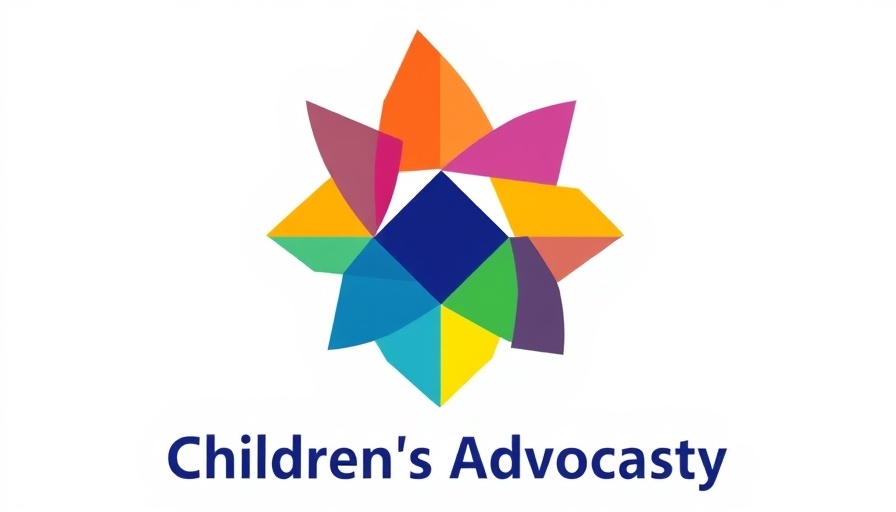
Why a Classroom Controversy Matters to Parents
The debate over Sarah Inama's classroom poster isn't just about a sign; it's a reflection of broader societal values about acceptance and respect. In today's classrooms, where diversity is the norm, ensuring a welcoming environment for all students is crucial. This incident at Lewis and Clark Middle School illustrates the tensions between the perceived neutrality of educational content and the importance of inclusivity.
The Role of Teachers as Advocates
Teachers like Inama serve as role models, shaping their students’ attitudes towards acceptance and diversity. Her poster sends a powerful message that resonates with many students, particularly those who might feel marginalized. In a world increasingly filled with division and conflict, it’s vital for educators to encourage open-mindedness and compassion.
Student Reactions: A Lesson in Unity
The overwhelming support for Inama from her students is heartening. Their willingness to create shirts and friendship bracelets with the message "Everyone Is Welcome Here" speaks to their understanding of inclusivity. This engagement offers a glimpse of hope for future generations; it signifies that today’s youth are ready to challenge norms and advocate for a more inclusive environment.
The Importance of Parental Involvement
For parents in Denver and beyond, this situation underscores the significance of being involved in their children's education and emotional well-being. Encouraging children to voice their opinions on inclusivity can foster confidence and awareness. The role of parental support is critical, as children thrive in an environment where they feel secure and valued.
How Communities Can Get Involved
This controversy can galvanize communities to come together. By supporting teachers who advocate for respect and acceptance, parents can create a culture that encourages dialogue around important social issues. Attending school meetings, participating in campaigns, or creating platforms for discussions can strengthen community ties while affirming shared values.
As we ponder the outcome of this dispute, it's vital to recognize how educational settings influence our children. Students need reassurance that their voices matter, and caring teachers make all the difference. Let's champion their efforts and reinforce the message that inclusion benefits everyone. Elevating the conversation around acceptance not only fosters goodwill but prepares our children for a diverse world.
Join us in supporting inclusive education by advocating for classrooms that promote the idea that everyone is welcome. Let's ensure our children grow up embracing diversity and treating everyone with respect.
 Add Row
Add Row  Add
Add 




Write A Comment